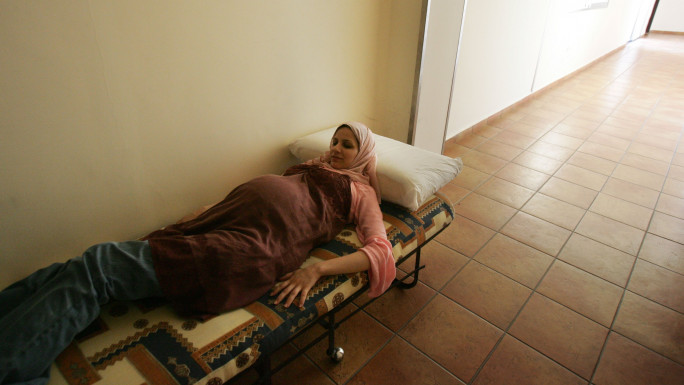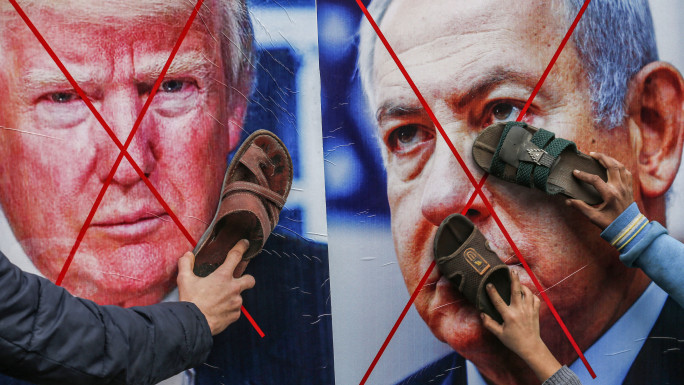Egypt jails Uber driver over death of woman passenger after attempted kidnapping
A Cairo criminal court sentenced an Uber driver on Monday to 15 years in prison with hard labour on the very first day of the trial over the attempted kidnapping of a woman who later died after jumping from the vehicle as it was moving along the outskirts of the Egyptian capital.
The driver, Mahmoud Hashem, 34, was found guilty of attempting to abduct 24-year-old Habiaba El-Shamaa, possessing cannabis and driving under the influence of narcotics after he tested positive for drugs following his arrest about two months ago.
The judge also ordered Hashem to pay a fine worth 50,000 Egyptian pounds (about US$1,000) and revoked his driver's license.
A few hours before the trial kicked off on Monday, a number of the victim's family members appeared at the courthouse dressing in black as they declined to talk to the reporters.
Witnesses said the Shamaa and Hashem's families engaged in a verbal argument before the trial, which was held under extreme security measures.
In April this year, Shamaa jumped from a fast-moving car on a dangerous highway on the outskirts of Cairo to escape a horrific fate.
"The Uber driver tried to kidnap me," she told a witness who rushed to her to help her after she had hit a cement barrier.
"These were her only words as she vomited…had seizures… and then lost consciousness," the witness told the victim's friends when he picked up her mobile phone.
Hashem fled the scene and never stopped to assist the victim, according to the statements given by the same witness before the authorities.
The victim sustained critical injuries, including bone fractures, internal bleeding, and brain haemorrhage, and died after being in a coma for 21 days.
The case prompted public figures and parliamentarians to question the measures taken by ride-sharing companies to vet drivers.
An Uber legal representative earlier said during interrogation that several women had reported the driver for committing irregularities while driving them, including sexual harassment, which led the company to terminate his account.
The driver claimed during interrogation that he sprayed perfume inside the vehicle to remove smoke odour, which Shamaa may have mistaken for an anaesthetic.
Investigations revealed that he forged official identification papers to create a new account and resume working for the ride-hailing.
In November last year, the Egyptian parliament approved new government-drafted amendments to the penal code, hardening penalties for sexual harassment and bullying crimes.
Incidents of sexual harassment, whether verbal or physical, are common in Egypt. It was not until 2008 when a Cairo court sentenced a man to three years in prison in the first-ever verdict against sexual harassment of a woman in Egypt's judicial history.
In recent years, women across Egypt have spoken out on social media about the subject as part of the #MeToo movement, as many went public and reported such atrocities.
In 2017, a Reuters survey ranked Cairo"the world's most dangerous megacity for women."
Statistically, around 7.8 million Egyptian women undergo a form of gender-based violence every year, according to a UN survey released in 2015.






 Follow the Middle East's top stories in English at The New Arab on Google News
Follow the Middle East's top stories in English at The New Arab on Google News
![Gazans reel after Israel strike [Getty]](/sites/default/files/styles/image_330x185/public/2183300682.jpeg?h=a5f2f23a&itok=fN-GAQGE)

